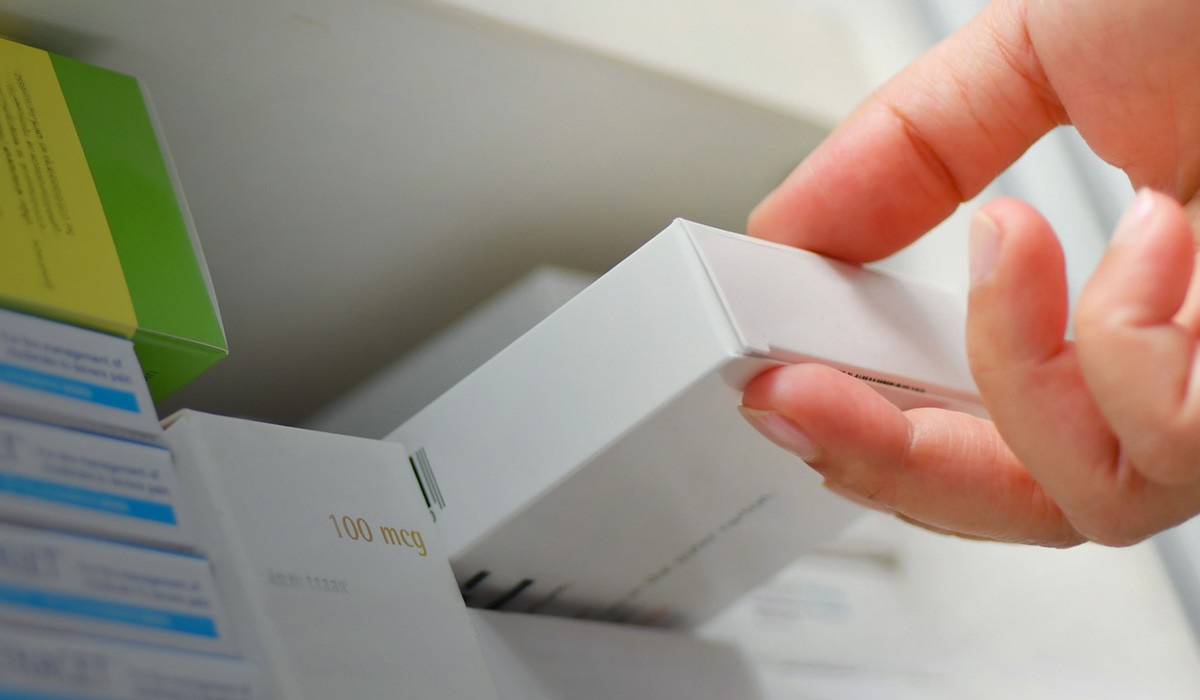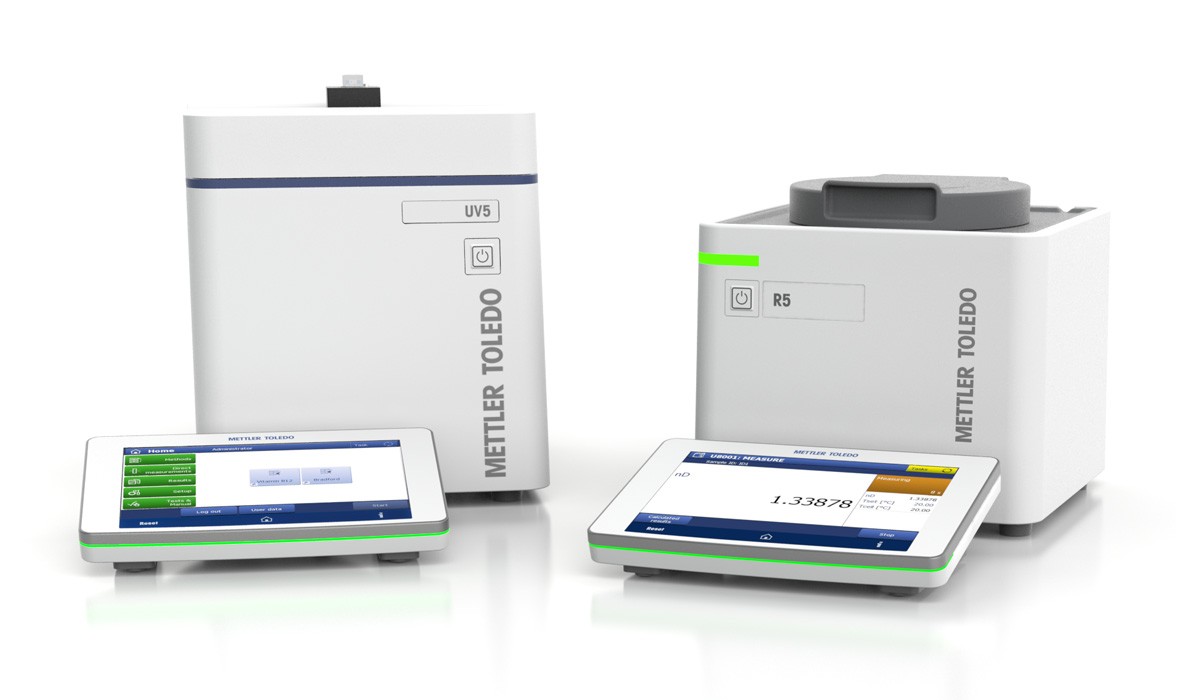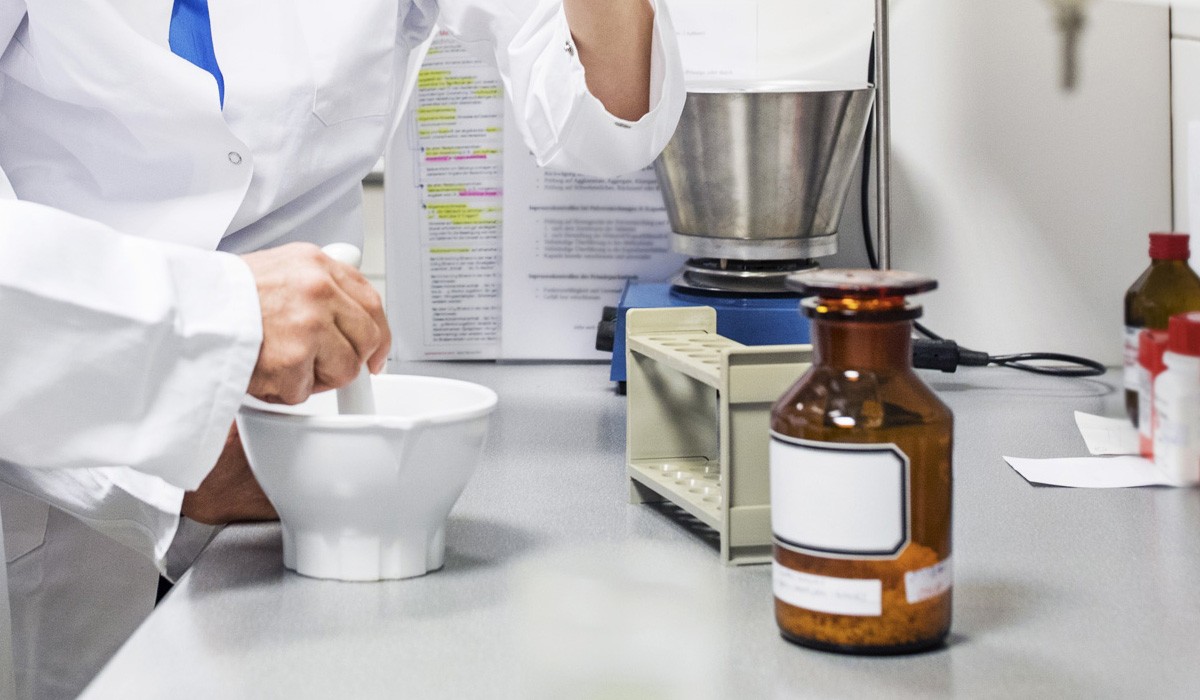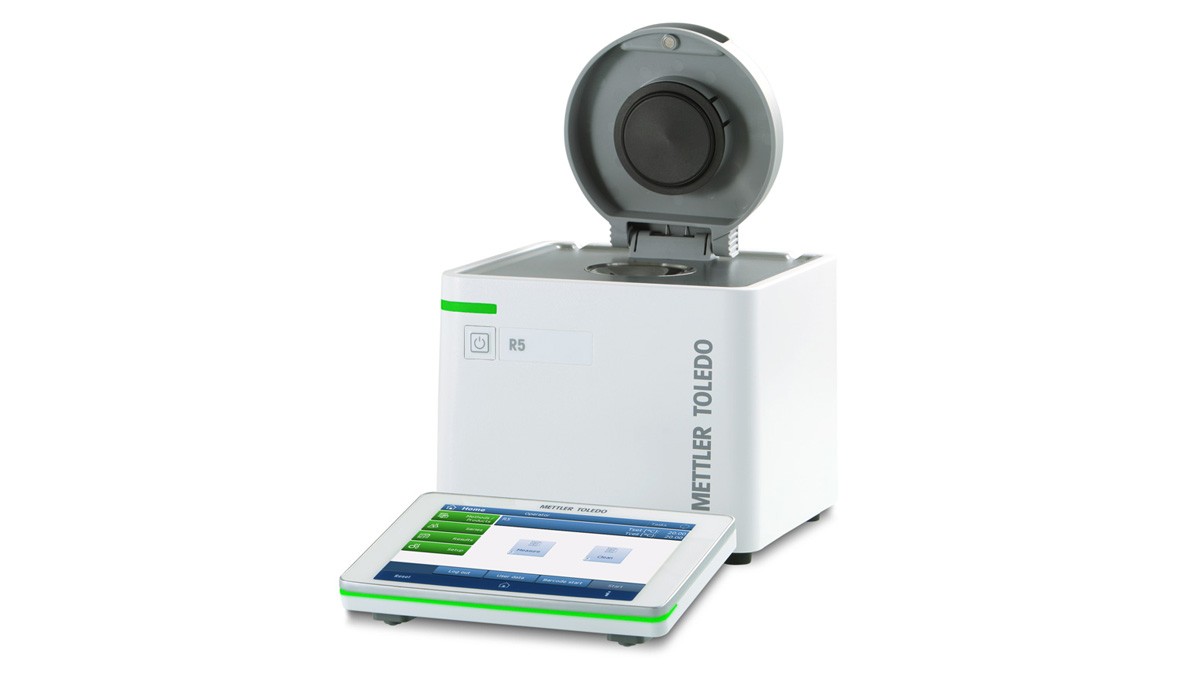
Hospital Pharmacies
Hospital pharmacies are a catch-all for many operations in a hospital. They prescribe, prepare, dispense, administer, and monitor effects of medication to patients.
Given the range of hospital pharmacy responsibilities, many types of personnel and staff are involved in the complex workflow with each individual playing an integral role in effective drug administration.
 Learn More
Learn More
Drug Identity Verification
Hospital pharmacies have systematic processes in place to prevent drug diversion. One approach includes keeping track of the medication's chain of custody and incorporating the use of analytical instruments.
Both UV/VIS spectrophotometers and refractometers have been used for drug identity verification. Each drug compound has unique properties that can be measured, absorbance and refractive index respectively. Once identified, proper drug disposal procedures can be followed.
 Learn More
Learn More
Hospital Pharmacies
One regulation that compounding pharmacies are required to follow is USP <797>. This regulation requires documentation and data evaluation before transferring the drug compounds to the next step in the workflow.
Data management software, such as LabX®, can help to ensure measurement integrity throughout the entire SOP and maintain compliance with regulations, including USP <797>. Certificates of analysis are generated with ease and include the necessary information related to the compounds.
 Learn More
Learn More
Urinalysis
Dehydration and poor kidney health can be identified in human urine by measuring the refractive index using a refractometer. Refractometers can also test for urine osmolality and urine total solids. This is a preferred method because it requires little sample, is easy to clean, and requires minimum user training.
Learn how the R5 digital refractometer can help to measure refractive index, BRIX, or concentration of aqueous solutions.
 Learn More
Learn More